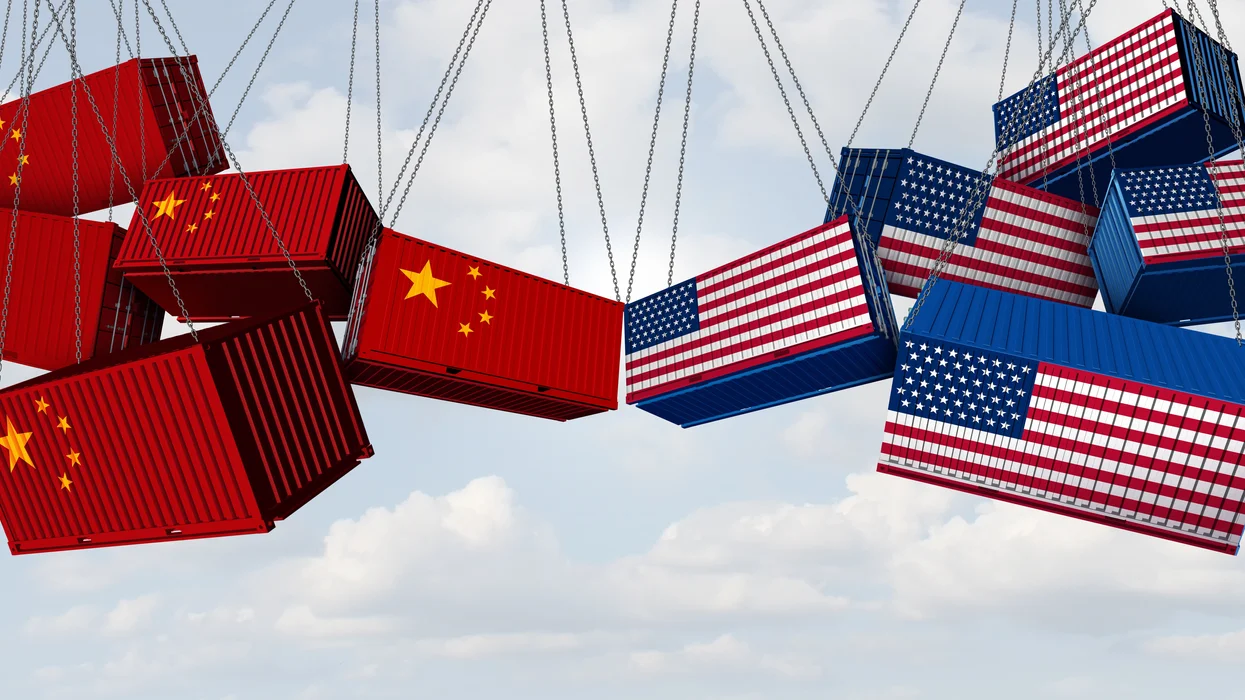
CEO Says US-China Trade Truce Could Reduce Komatsu’s Tariff Burden by $140 Million
The US-China trade deal may save Komatsu $140 million in tariff expenses, according to the company’s CEO.
The Japanese company’s CEO has stated that the financial impact of US tariffs may be lessened by over 20 billion yen ($140 million) as a result of last week’s trade truce between the US and China, indicating that the company’s future may not be as bleak as first anticipated.
More than 25% of Komatsu’s sales are from North America, thus the company stands to gain a great deal from a 20% reduction in the tariff-related blow of 94.3 billion yen, which could greatly improve its outlook for profits.
In an interview with Reuters on Wednesday, CEO Takuya Imayoshi refrained from formally confirming a change to the company’s forecast of a 27% decline in full-year profits last month, which it attributed to US President Donald Trump’s tariffs. The 90-day deferral of higher taxes on Chinese imports, he said, would lessen the burden on Komatsu, which obtains Chinese steel for its equipment made in the United States.
According to Imayoshi, “the negative impact on our performance appears limited because countries’ retaliatory tariffs haven’t been as bad as we previously feared.”
For the fiscal year that ends in March 2026, Komatsu has projected an operating profit of 478 billion yen, citing the impact of tariffs and a higher currency. The 597.5 billion yen consensus among experts compiled by LSEG, which represents only a 9% reduction from the previous year, is far higher than that projection.
Imayoshi noted that “if tariff rates are adjusted with countries, the impact will likely settle within the previously made estimate,” indicating his caution despite the expected respite.
Approximately half of Komatsu’s US-sold products, including construction equipment from Thailand, Brazil, and Japan, are still made abroad and are still subject to high taxes, he added.
If higher US tariffs return after the 90-day respite, the company is considering options to reduce risk, including moving manufacture of US-bound equipment from China to Thailand and shifting spare parts shipments from US warehouses to countries like Canada and Latin America.
Imayoshi rejected the idea of increasing domestic manufacturing in the US, pointing to the high cost of steel in the area, which he claimed was more than twice as high as in China. “It is never true that the tariffs can make American manufacturing cost-competitive,” he stated.
Imayoshi stated that Komatsu would keep an eye on how other companies decide to pass on tariff charges to customers, even if the overall impact of tariffs on the company’s competition with market leader Caterpillar and other competitors may be limited due to similarly globalized supply chains.
Caterpillar has projected that it will spend between $250 million and $350 million on additional tariff-related expenses during the April–June quarter. Its stock has dropped 4.8% so far this year, whereas Komatsu’s stock has increased 1.5%.
All Categories
Recent Posts
Tags
+13162306000
zoneyetu@yahoo.com



